The Importance of Consistent Wound Care and Dressing Changes

Consistent wound care and dressing changes are critical to a senior’s health and rehabilitation. Skilled nursing care ensures that wounds heal rapidly and safely.
Companionship Care at Home and How it Supports Emotional Health

Companion care at home offers emotional support to seniors in a variety of different ways. Companionship along with hands-on care can solve quite a few problems for aging adults.
How Skilled Nursing Boosts Senior Confidence After Surgery

Here is why skilled nursing care is essential to helping seniors who are recovering from surgery feel more confident about their recovery while aging in place.
Finding Relief for Ingrown Toenails
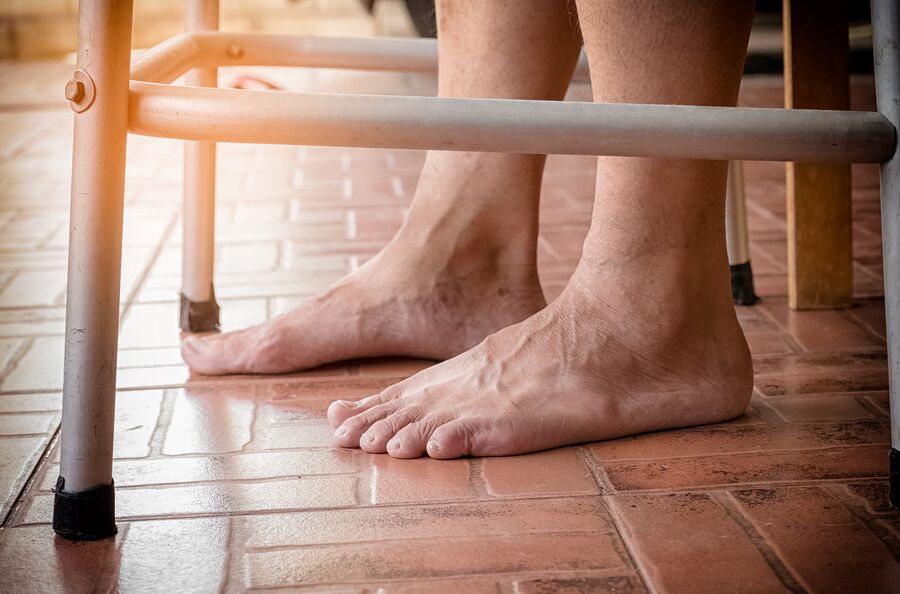
Your loved one’s personal care provider will take the steps described here to relieve their ingrown toenails and prevent more from occurring.
Relieve Your Worries with Healthcare Supplemental Staffing

Having supplemental healthcare staffing in your back pocket will provide your organization the assurance it needs that you will be able to continue to serve your community
Is Oral Care Different for Seniors Who Don’t Have Teeth?
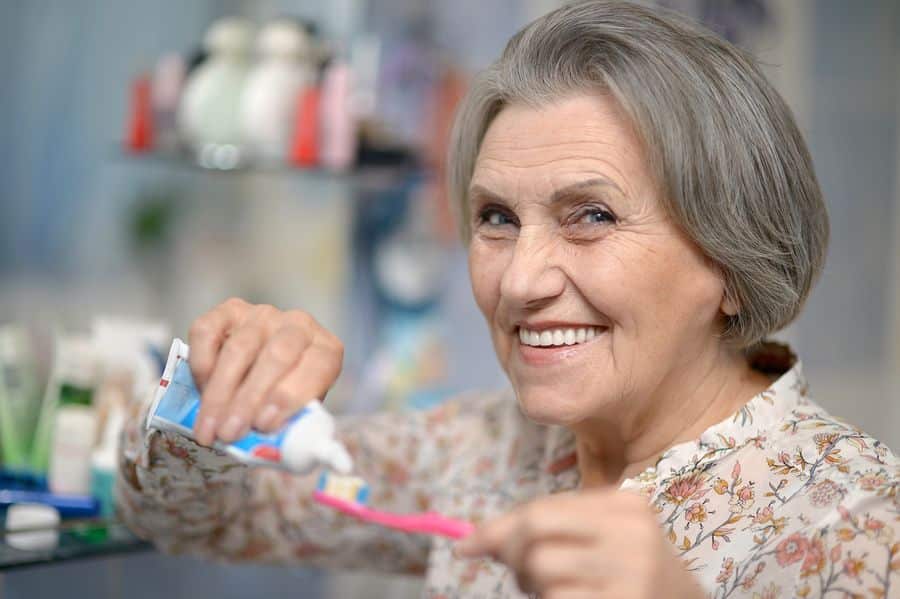
Often seniors who no longer have their teeth believe that they don’t have to worry about oral care. To stay healthy, they do need to pay attention to oral care, and personal care at home can help.
How In-Home Rehabilitation Empowers Seniors With Mobility Issues
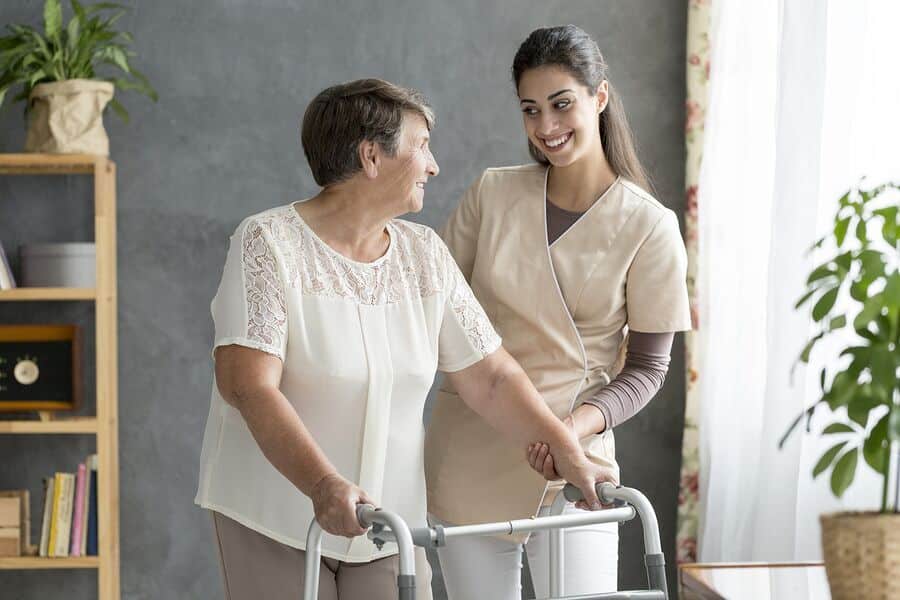
For seniors with mobility problems, in-home rehabilitation is a great tool with individualized, thorough support that enables them to live comfortably in their own houses.
Tips to Help Your Senior Sleep Better At Night
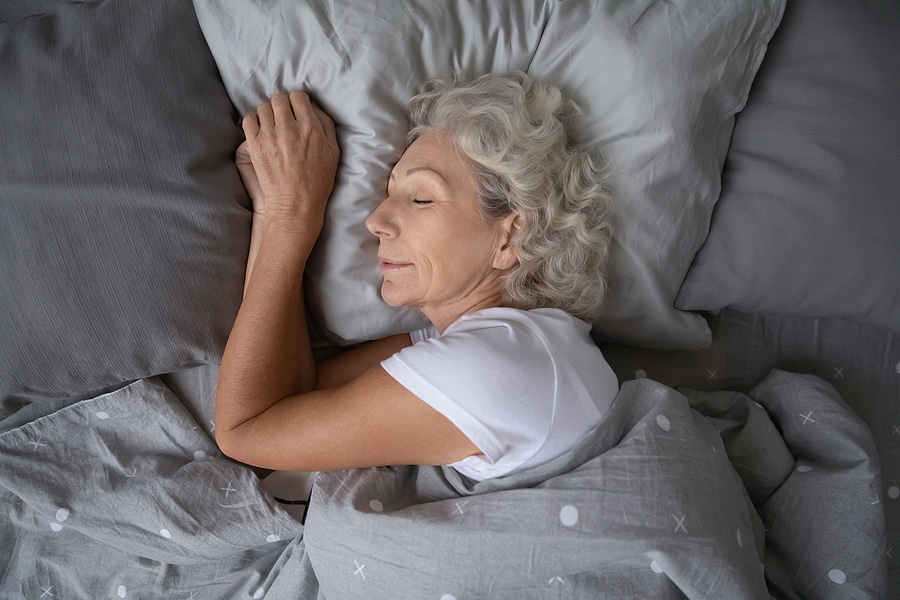
Getting enough sleep is just as important as eating healthy, drinking enough water, and getting enough movement when it comes to being healthy.
Kidneys and Senior Health
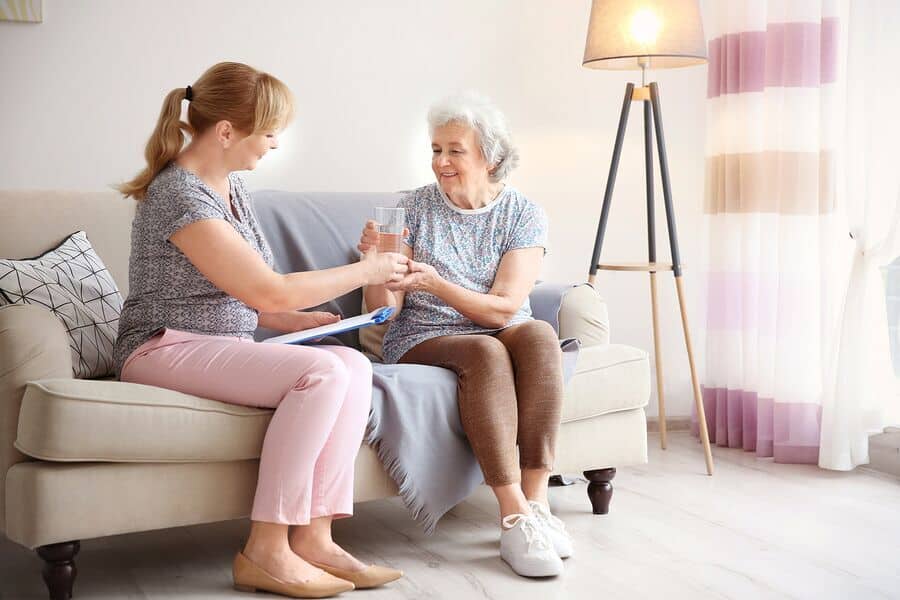
With the help of loved ones and home care, seniors can improve their kidney health and lower their risk of renal disease by implementing these healthy habits.
How Occupational Therapy Helps Seniors Aging in Place

Seniors who receive therapy in the convenience of their own homes are better able to incorporate therapeutic interventions into their daily routines, which improves outcomes and compliance.

